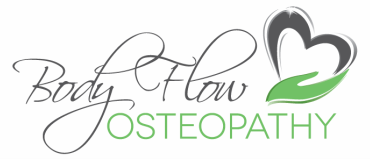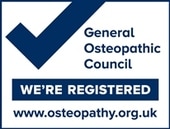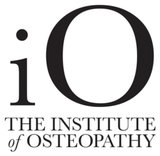Lifting & Back Pain
One of the biggest causes of back injury, especially at work, is lifting or
handling objects incorrectly. Learning and following the correct method for
lifting and handling objects can help to prevent back pain.
Prevention is important, however if you have already suffered an injury, call us now on 03300 881221 or email us to book your appointment
When you suffer an injury, your osteopath will help you get through the first painful few days with specially adapted treatments and advice. But your care doesn't end there: your osteopath will continue working with you to restore structural balance, improve joint mobility and reduce adhesions and soft tissue restrictions so that ease of movement is restored and your life back on track.
Key points for lifting safely:
- Think before you lift: know where you're going and make sure the path is clear
- Start in a good position: always bend at the knees, not at the waist
- Keep the load as close to your body as possible
- Use the muscles of your leg and stomach for lifting as opposed to the back muscles
- Avoid twisting or leaning sideways during lifting
- Keep your head up
- Know your limits - if a load is too heavy don't lift it or ask a colleague to help
- Push heavy object, don't pull them
- Use lifting aids where available
- If carrying something with one arm, switch arm frequently
- When carrying a backpack, avoid rounding the shoulders or leaning forward. If the load feels
too much, consider using something else
- Start with a 5 mins of brisk activity to warm up your body
Frequent short breaks are better for your back than fewer long ones. It gives the muscles a chance to relax while others take the strain. This can prevent you from becoming stiff and tense.
Can we help? Call your Norwich Osteopath NOW on 03300 881221 or email us
Prevention is important, however if you have already suffered an injury, call us now on 03300 881221 or email us to book your appointment
When you suffer an injury, your osteopath will help you get through the first painful few days with specially adapted treatments and advice. But your care doesn't end there: your osteopath will continue working with you to restore structural balance, improve joint mobility and reduce adhesions and soft tissue restrictions so that ease of movement is restored and your life back on track.
Key points for lifting safely:
- Think before you lift: know where you're going and make sure the path is clear
- Start in a good position: always bend at the knees, not at the waist
- Keep the load as close to your body as possible
- Use the muscles of your leg and stomach for lifting as opposed to the back muscles
- Avoid twisting or leaning sideways during lifting
- Keep your head up
- Know your limits - if a load is too heavy don't lift it or ask a colleague to help
- Push heavy object, don't pull them
- Use lifting aids where available
- If carrying something with one arm, switch arm frequently
- When carrying a backpack, avoid rounding the shoulders or leaning forward. If the load feels
too much, consider using something else
- Start with a 5 mins of brisk activity to warm up your body
Frequent short breaks are better for your back than fewer long ones. It gives the muscles a chance to relax while others take the strain. This can prevent you from becoming stiff and tense.
Can we help? Call your Norwich Osteopath NOW on 03300 881221 or email us
Sources: http://www.nhs.uk/Livewell/workplacehealth/Pages/safe-lifting-tips.aspx, http://www.backcare.org.uk/
Disclaimer: Although efforts have been taken to ensure the accuracy of the information in these pages, continuing research is required to establish the effectiveness of the information provided. Body Flow Osteopathy does not therefore guarantee the completeness and correctness of the information provided and will not be held responsible for any errors or omissions.
Disclaimer: Although efforts have been taken to ensure the accuracy of the information in these pages, continuing research is required to establish the effectiveness of the information provided. Body Flow Osteopathy does not therefore guarantee the completeness and correctness of the information provided and will not be held responsible for any errors or omissions.



